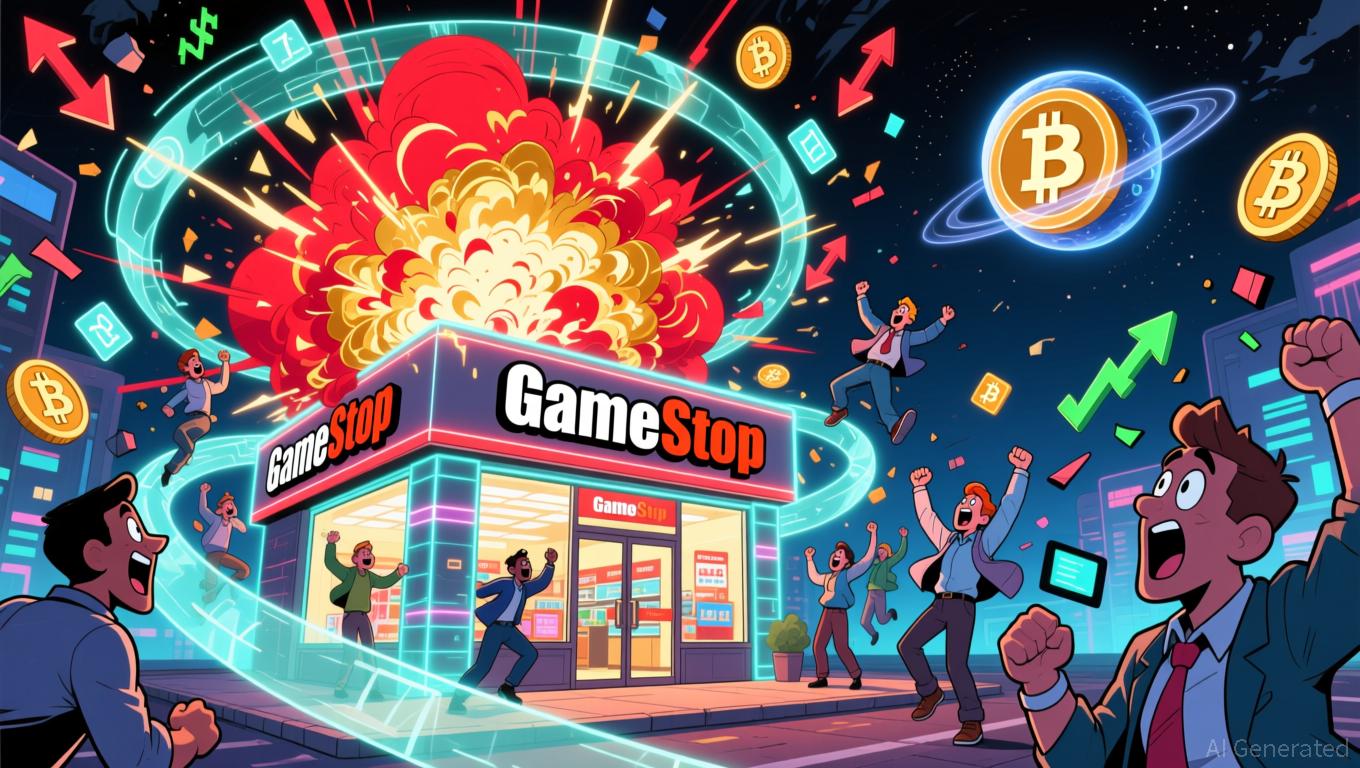- FTX’s downfall was due to its centralization and lack of transparency, contrasting with Ethereum’s decentralized, open model.
- Ethereum evolves through community-driven upgrades, ensuring transparency and resilience.
- Buterin emphasizes Ethereum’s advantage: no single entity controls it, eliminating the need for trust.
At the Devconnect Argentina conference on Monday, Ethereum co-founder Vitalik Buterin took aim at Sam Bankman-Fried’s collapsed crypto exchange, FTX. Speaking to the listeners, Buterin revealed how FTX epitomized all that Ethereum wanted to stay clear of, especially its centralized organization and dependence on trust. Ethereum, on the contrary, is a global community-driven decentralized platform that strives to offer a more transparent and secure environment for its users.
Ethereum’s Core Principles: Decentralization and Transparency
One of Buterin’s major points against FTX was its centralization, which he deemed to be the key reason why the platform fell apart. He pointed out that FTX was akin to a centralized exchange where customers were completely dependent on the platform’s management and were not privy to its day-to-day operations. Ethereum on the other hand, being a decentralized ecosystem, had no such problem of trust; thus, Buterin emphasized that the trust factor rendered the exchange open to dishonest practices and incompetent management.
Ethereum, to the contrary, is constructed with openness and community-based development as its main attribute. According to Buterin, the evolution of the Ethereum network takes place through upgrades that are open to the public and are driven by the community. These upgrades are thorough discussions and debates and are then implemented. The decentralization of this process contributes to the transparency of the network’s operation, thus making it more immune to the problems that centralized systems, such as FTX, encounter.
A Cautionary Tale: FTX’s Centralized Approach
The downfall of FTX highlighted the hazards associated with centralization in cryptocurrency. The exchange was prone to risks due to its being centralized and it won’t even be able to tell people that it is abusing the very quality that Ethereum is trying to bring about, that is, transparency. The management of FTX, headed by Bankman-Fried, misused the customers’ deposits in a clandestine manner to buoy up the trading firm Alameda Research, which ultimately resulted in colossal financial losses. Consequently, the court handed down a sentence of 25 years in jail to Bankman-Fried for multiple convictions, including fraud, money laundering, and conspiracy.
The downfall of FTX only added to the already existing skepticism towards centralized exchanges. Hence, the new decentralized exchanges like Hyperliquid were up in 2023. The very existence of these platforms indicates that users are not only growing restless with the centralized, opaque, and ineffectual exchanges, but they are also proactively seeking other options.
Ethereum vs. FTX: A Community, Not a Company
Another major point of distinction that Buterin mentioned between the two was the organizational structure of Ethereum and FTX. He said that Ethereum is a community, a massive group of people who are collaborating towards a common goal. FTX, on the other hand, was a corporation with a top-down management style, where a few key players had enormous control over the day-to-day operations.
Buterin made it clear that the decentralized aspect of Ethereum was what made trust unnecessary. He stated, “Ethereum cannot be bad” because no central authority has power over it. This, in his view, is one of the primary benefits of blockchain technology: the users don’t have to trust a single party. By this comparison, Buterin made it obvious that the future of the crypto world is Ethereum’s way of dealing with issues of decentralization and transparency, while the centralized and trust-dependent model that caused the downfall of FTX is the past.




